Obama opposed arming the Syrian rebels


A free daily email with the biggest news stories of the day – and the best features from TheWeek.com
You are now subscribed
Your newsletter sign-up was successful
Here's a bit of news I found fascinating: Even though Secretary of State Hillary Clinton, CIA Director David Petraeus and Defense Secretary Leon Panetta all backed the idea of arming rebels in Syria, President Obama decided against this course of action.
I had assumed that the U.S. was covertly arming the rebels, either directly or through another country. (The president could issue a "Finding" allowing the CIA to do this, or instruct the Pentagon to supply the rebels using a Presidential Decision Directive.) I had assumed that President Obama had authorized such a program because that's what the U.S. has done historically even when it says it is staying out of conflicts.
Covertly arming rebels is a way for presidents to feel like they are doing something to bring a humanitarian crisis to an end without risking American lives. (In Libya, the CIA, operating under the authority of a covert action finding, sent in several dozen intelligence officers to gather intelligence, provide weapons and try to keep tabs on extant Libyan banned weapon stores.)
The Week
Escape your echo chamber. Get the facts behind the news, plus analysis from multiple perspectives.

Sign up for The Week's Free Newsletters
From our morning news briefing to a weekly Good News Newsletter, get the best of The Week delivered directly to your inbox.
From our morning news briefing to a weekly Good News Newsletter, get the best of The Week delivered directly to your inbox.
I'm not privy to the internal thinking behind the decision not to do this, but I think it has something to do with Obama's overall foreign policy project. By resisting any military action whatsoever, Obama is sending a message that American leadership does not mean that America will rush headlong into every conflict, and, indeed, that it will choose its own adventures which means that other countries must step up to the plate.
It is not the type of leadership that we're accustomed to. John McCain, for one, thinks it's absurd. But it's interesting to see it play out in real world terms.
A free daily email with the biggest news stories of the day – and the best features from TheWeek.com
Marc Ambinder is TheWeek.com's editor-at-large. He is the author, with D.B. Grady, of The Command and Deep State: Inside the Government Secrecy Industry. Marc is also a contributing editor for The Atlantic and GQ. Formerly, he served as White House correspondent for National Journal, chief political consultant for CBS News, and politics editor at The Atlantic. Marc is a 2001 graduate of Harvard. He is married to Michael Park, a corporate strategy consultant, and lives in Los Angeles.
-
 Ex-South Korean leader gets life sentence for insurrection
Ex-South Korean leader gets life sentence for insurrectionSpeed Read South Korean President Yoon Suk Yeol was sentenced to life in prison over his declaration of martial law in 2024
-
 At least 8 dead in California’s deadliest avalanche
At least 8 dead in California’s deadliest avalancheSpeed Read The avalanche near Lake Tahoe was the deadliest in modern California history and the worst in the US since 1981
-
 Political cartoons for February 19
Political cartoons for February 19Cartoons Thursday’s political cartoons include a suspicious package, a piece of the cake, and more
-
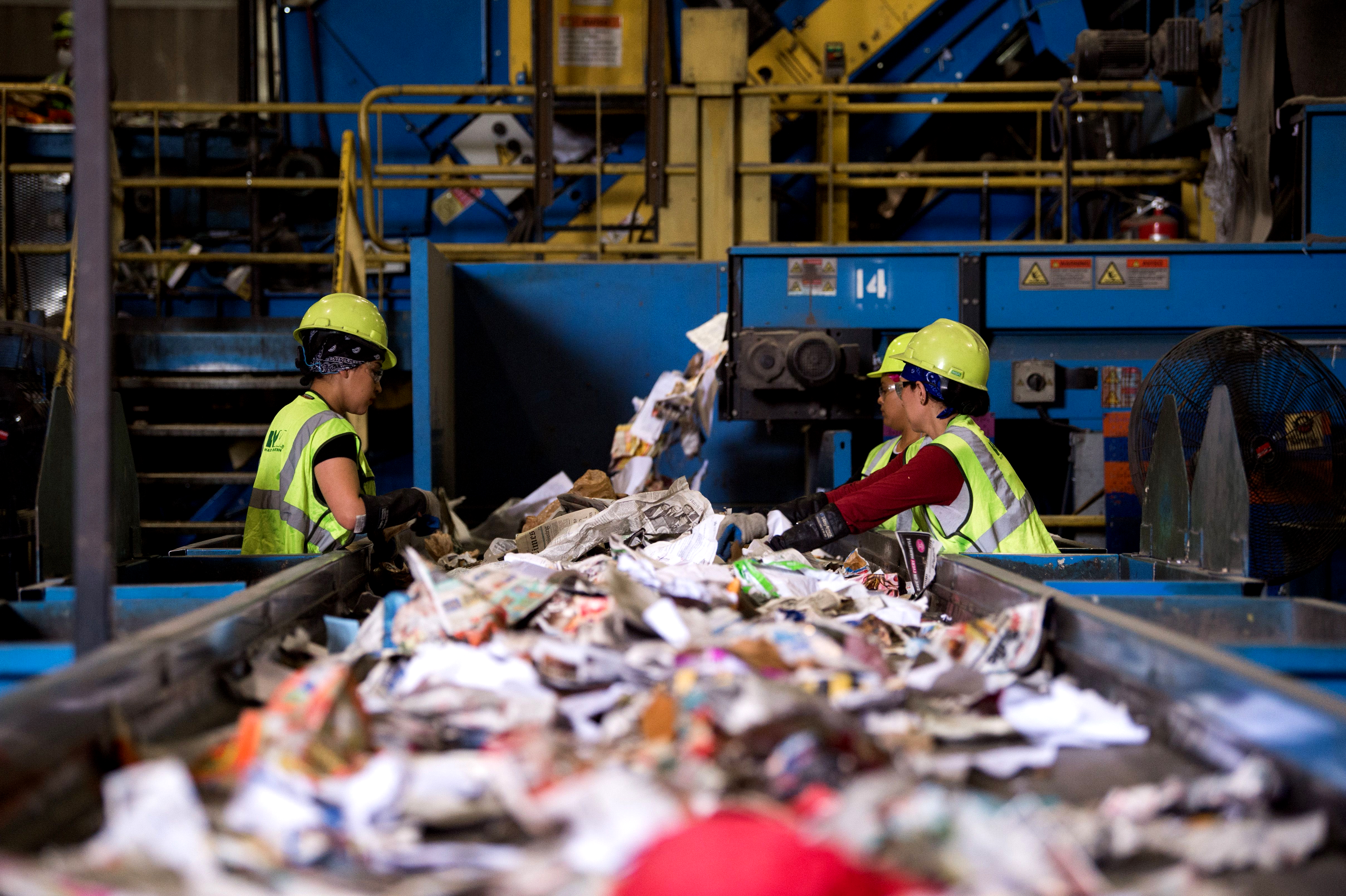 The recycling crisis
The recycling crisisThe Explainer Much of the stuff Americans think they are "recycling" now ends up in landfills and incinerators. Why?
-
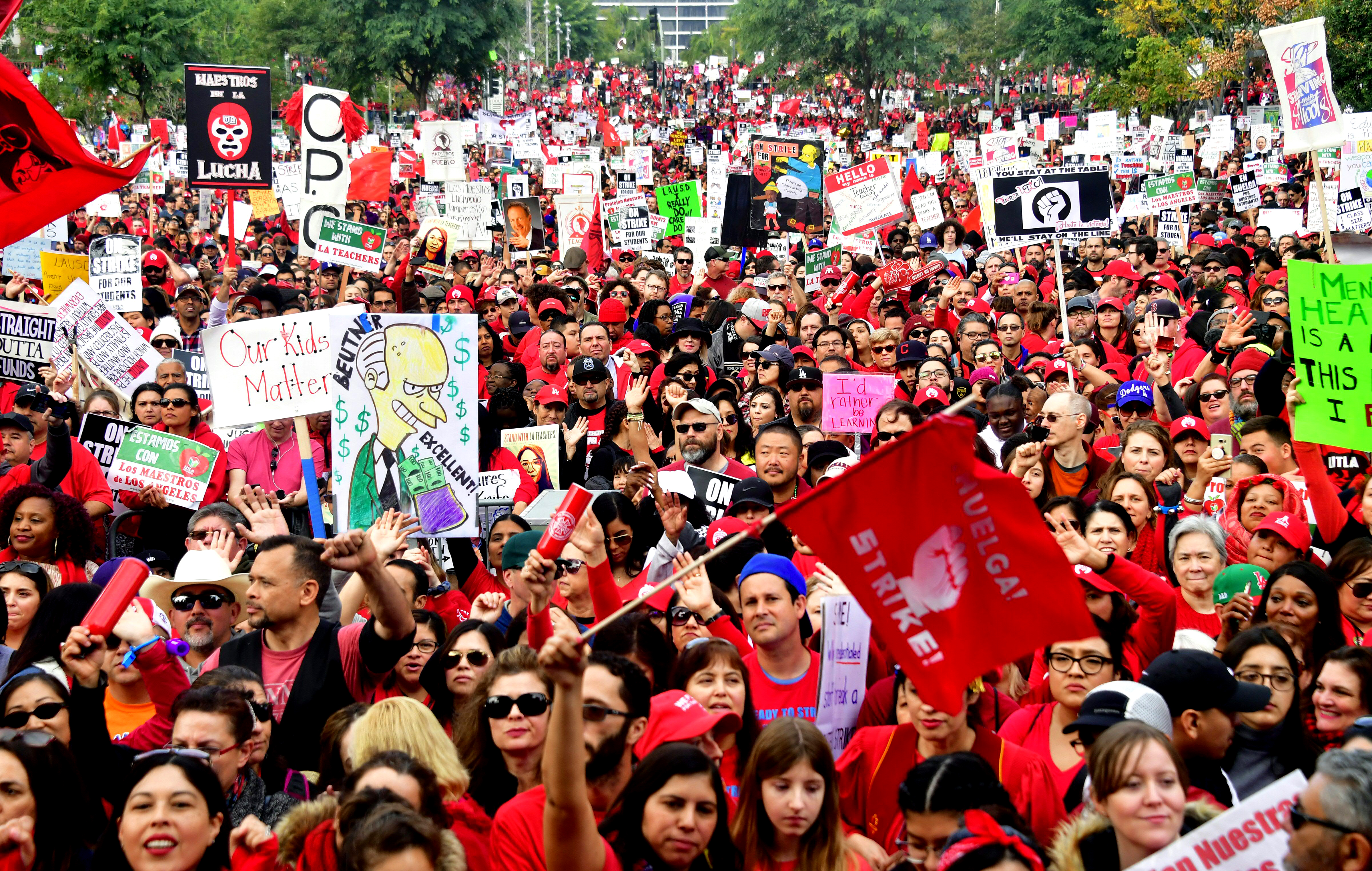 The L.A. teachers strike, explained
The L.A. teachers strike, explainedThe Explainer Everything you need to know about the education crisis roiling the Los Angeles Unified School District
-
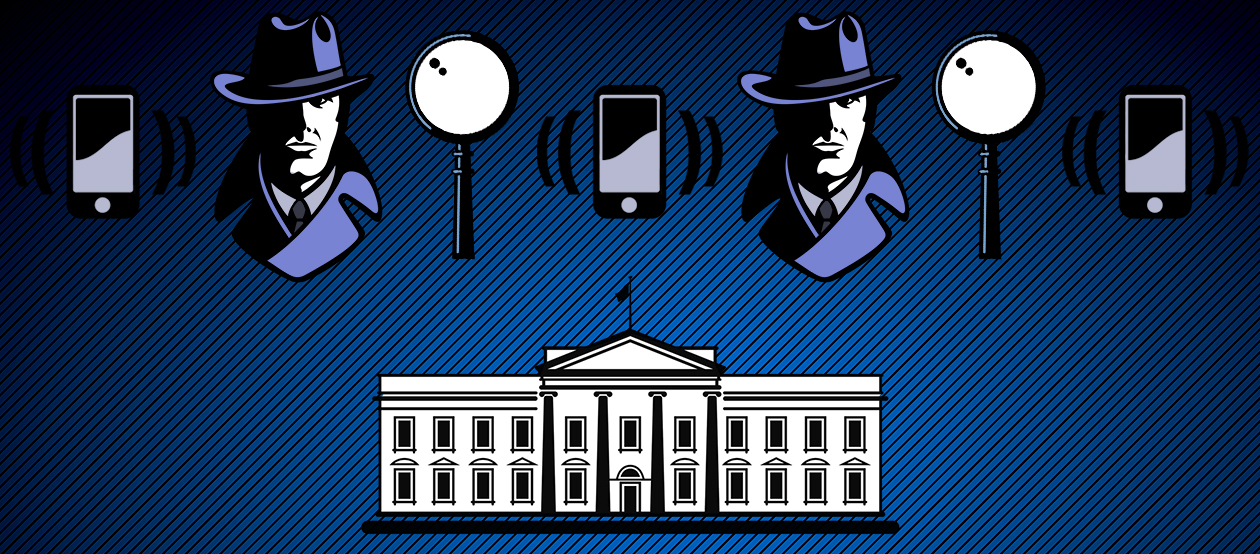 The NSA knew about cellphone surveillance around the White House 6 years ago
The NSA knew about cellphone surveillance around the White House 6 years agoThe Explainer Here's what they did about it
-
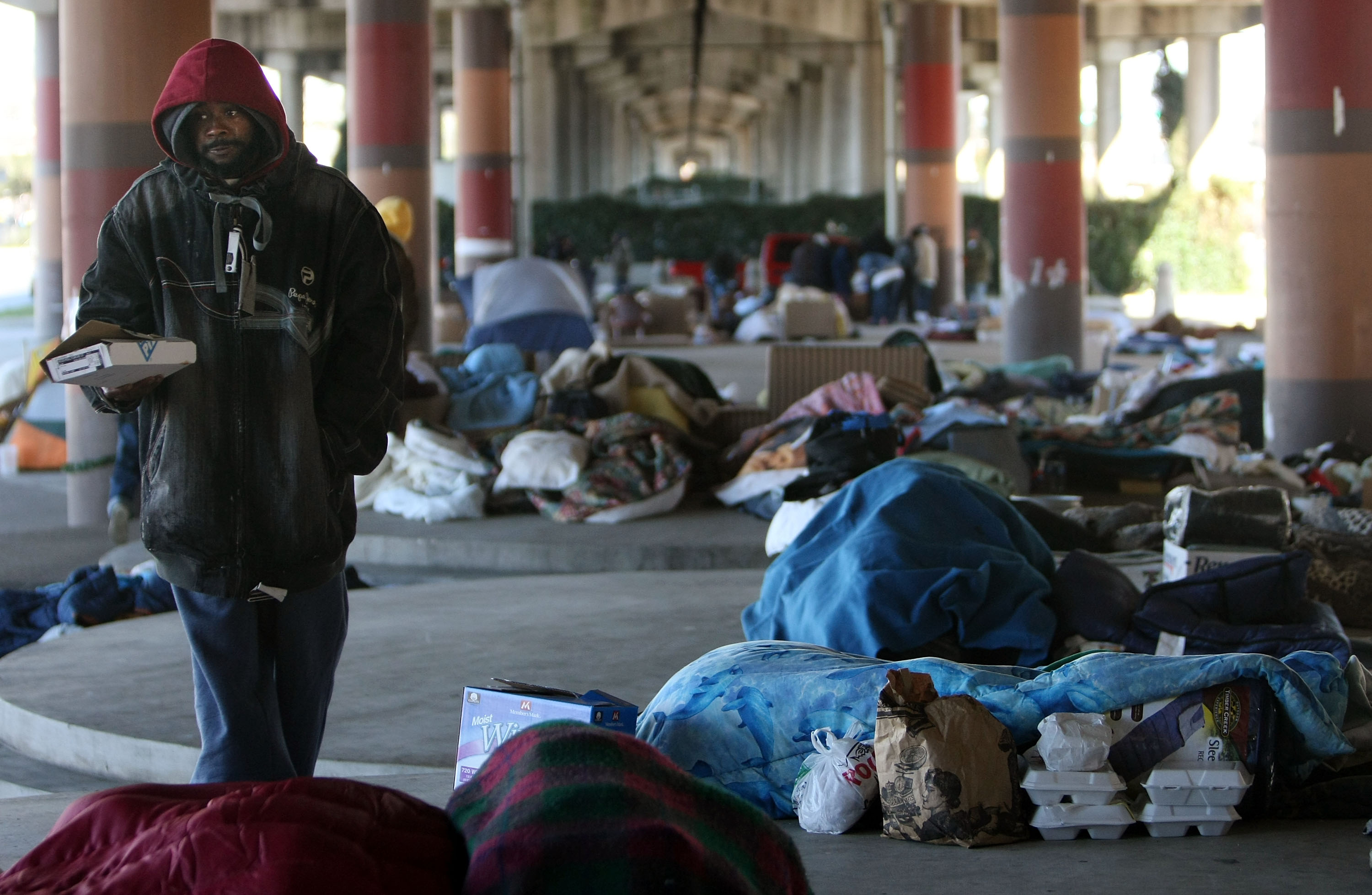 America's homelessness crisis
America's homelessness crisisThe Explainer The number of homeless people in the U.S. is rising for the first time in years. What’s behind the increase?
-
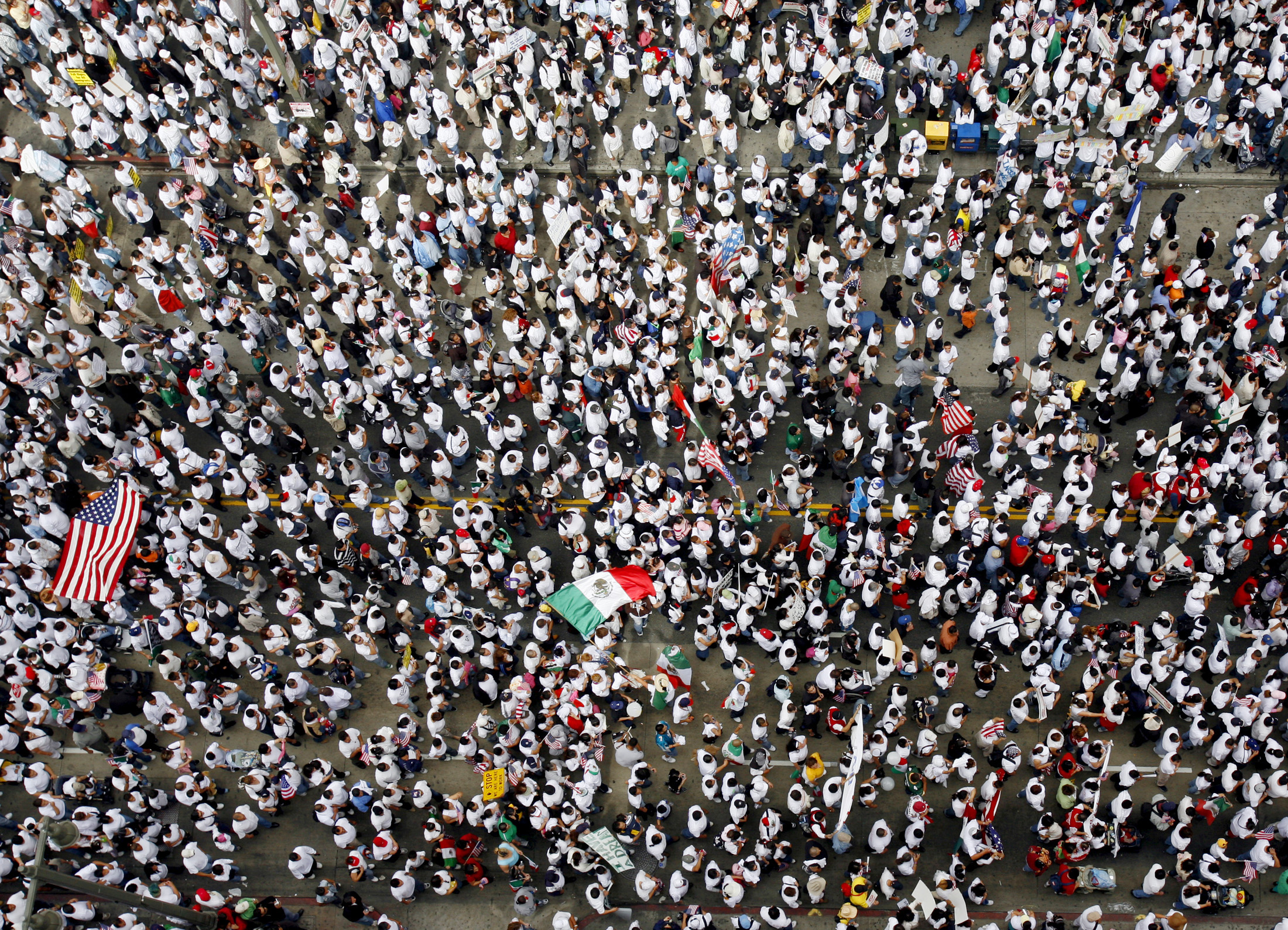 The truth about America's illegal immigrants
The truth about America's illegal immigrantsThe Explainer America's illegal immigration controversy, explained
-
 Chicago in crisis
Chicago in crisisThe Explainer The "City of the Big Shoulders" is buckling under the weight of major racial, political, and economic burdens. Here's everything you need to know.
-
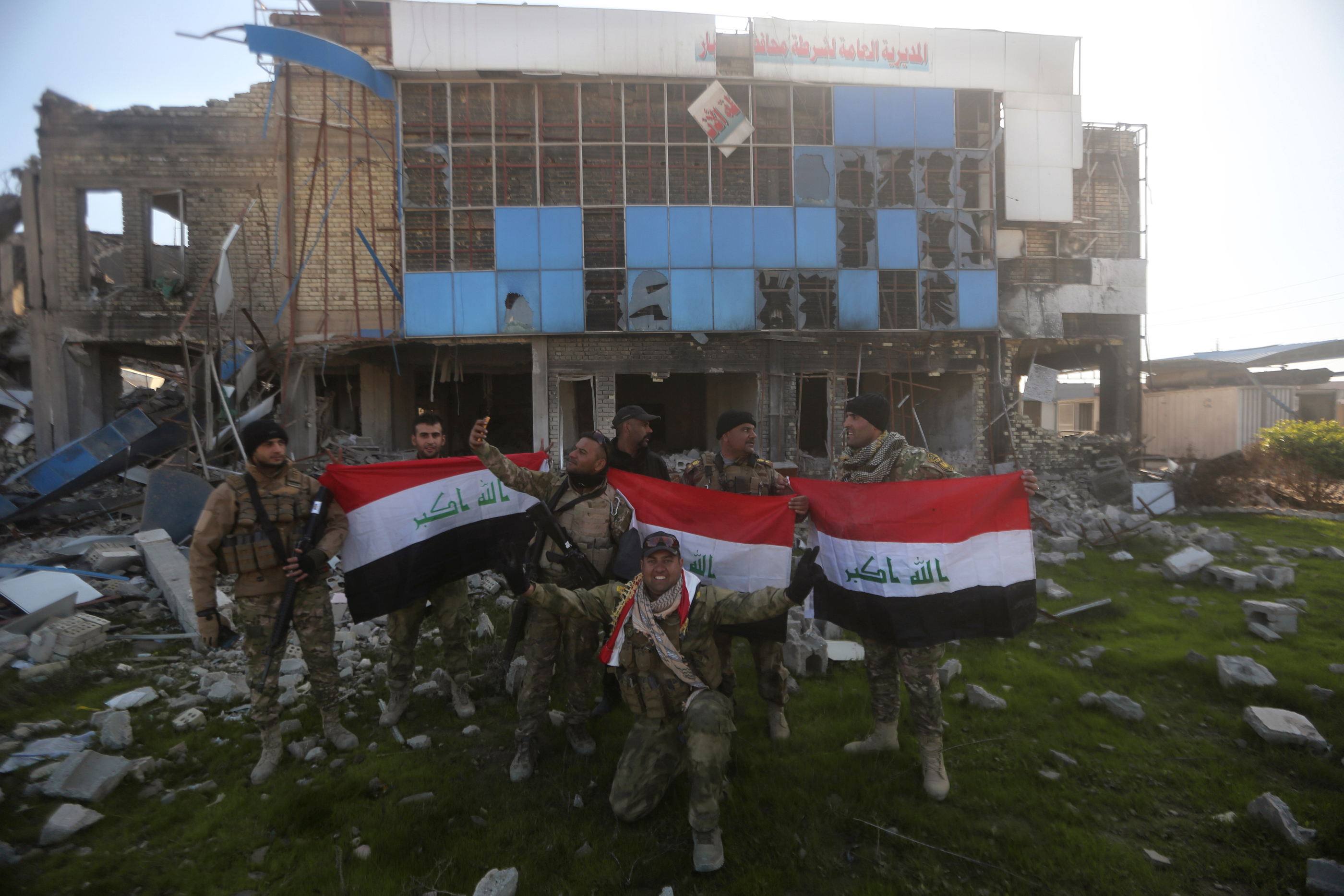 The bad news about ISIS's defeat in Ramadi
The bad news about ISIS's defeat in RamadiThe Explainer The contours of a broader sectarian war are coming into focus
-
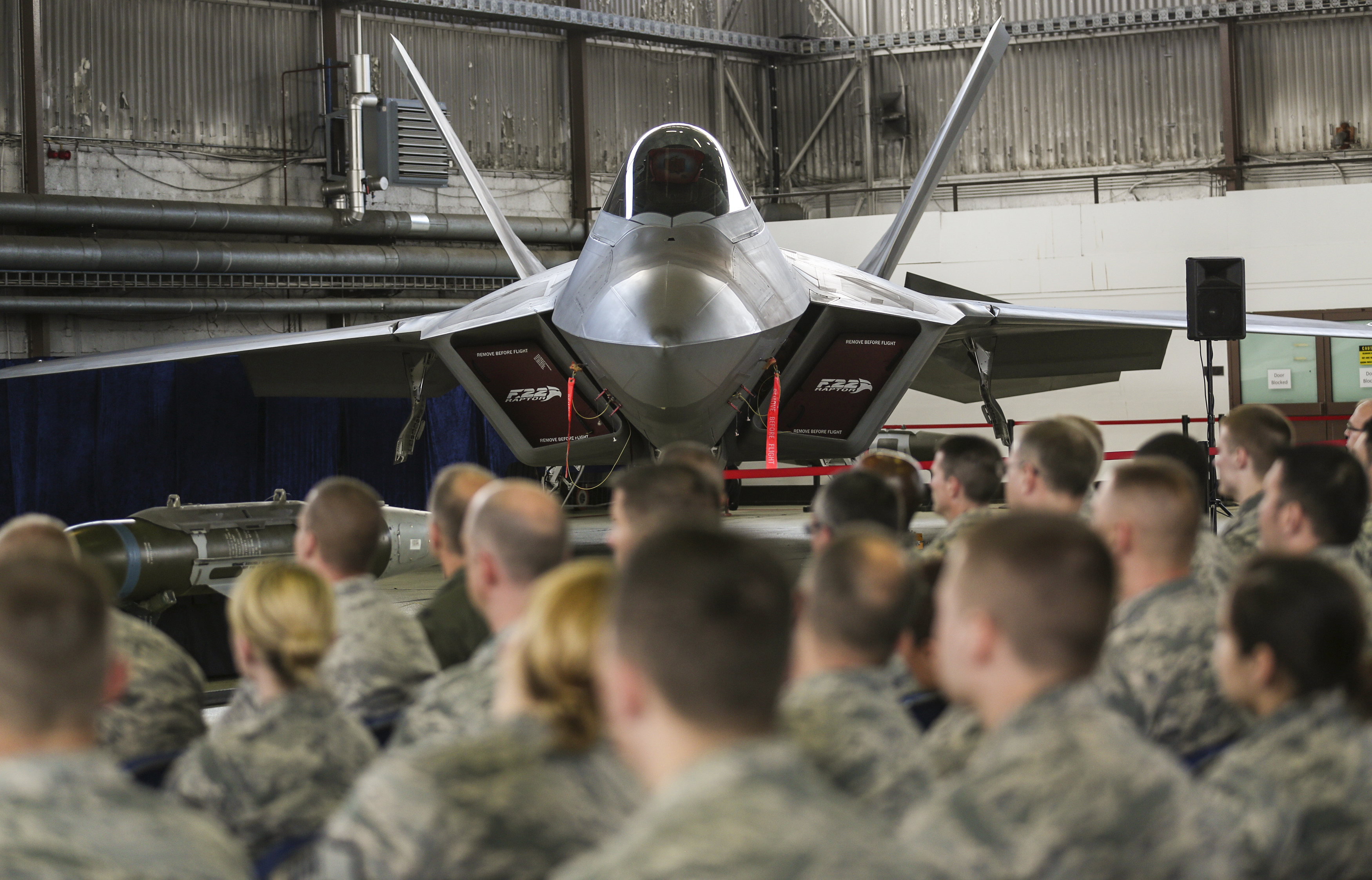 America can still destroy the world
America can still destroy the worldThe Explainer The decline of U.S. military power has been greatly exaggerated
